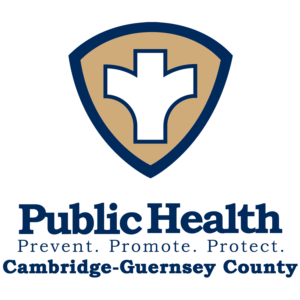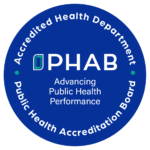Public vs. Private
A public swimming pool is any indoor or outdoor structure that is intended to be used collectively for swimming, diving, or bathing.
A private residential pool is one located at a private house with no more than three families and used exclusively by those residents or their guests (who are non-paying).
Recreational Water Illnesses
Recreational water illness (RWIs) are caused by germs and chemicals found in the water we swim in. They are spread by swallowing, breathing in mists or aerosols of, or having contact with contaminated water in swimming pools, hot tubs, water parks, water play areas, interactive fountains, lakes, rivers, or oceans. RWIs can also be caused by chemicals in the water or chemicals that turn into gas in the air and cause air quality problems at indoor aquatic facilities.
Knowing the basic facets about RWIs can make the difference between an enjoyable time at the pool, beach or waterpark, and getting a rash, having diarrhea or developing other, potentially serious illnesses.
For more information on recreational water illnesses, visit here.
Rules and Regulations
Swimming Pool Links and Documents
- Drain Covers Virginia Graeme Baker Pool Spa Safety Act
- Weekly Operation Report Pool
- What happens when Cyanuric Acid in a pool is too high
- Spa Signage 3701-31 ODH
- Pools equipped with a Chlorine Generator From Salt
- Pool Opening Check List
- Injury Incident Report Form Pool
- Equipment Replace Notify
- Equipment Inventory LHD Pool
- Critical Operational Items for Pools
- Cleaning Flow Meter
- Chemical testing instructions
- Automatic Chemical Controllers
- How to Determine the Cause of Low Water Flow_0001
- Responding to a fecal incident (CDC Guidelines)
- Cyanuric Acid (CYA) Bio-Active A New Product to Control Cyanuric Acid
- CDC Pool Chemical Storage
- Adjusting Pool Chemicals – Adjusting Chemicals to Ideal Levels
- Flow Meter Spacing Requirements
- ODH Equipment Replacement Form
- Synopsis of Rules for Pools, Spas, and Special Use Pools


